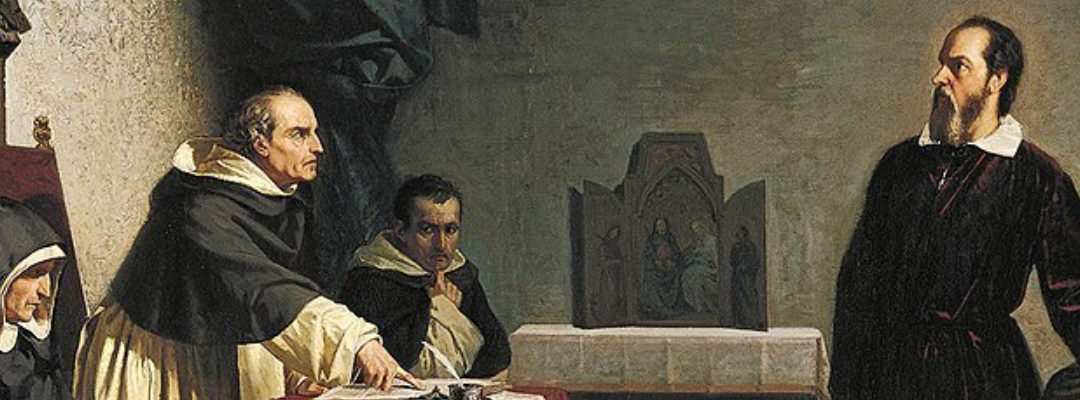Third Conference of the International Society for Heresy Studies with the Queen Mary Centre for Religion and Literature
Friday 15 – Saturday 16 June 2018
Following two successful New York City conferences in 2014 and 2016, the International Society for Heresy Studies announces a Call for Papers for its third biennial conference to be hosted by the Institute of English Studies at Senate House in London. The conference theme will broadly focus on how borders between heresy and orthodoxy are created, maintained, and imagined. Although we interpret “heresy” primarily within a religious context, we also interpret it broadly enough to include the “heretical” in politics, art, philosophy, and literature. The study of borders—a popular theme in academic conferences in recent years—feels even more urgent in the current time of rising nationalism and political promises to ban immigration and erect walls based on imagined boundaries. Borders are, of course, more than lines drawn across maps and between religions; rather, they are blurry spaces of ambiguity and reversibility where identities are constructed and deconstructed. Concepts of separation, threshold, and border have occupied theologians, philosophers, historians, and artists since ancient times and remain dynamic elements in the work of many theorists and creative artists today. The reexamination of borders can demonstrate not only how we have constructed the heretical other, but also can reveal the fragility and arbitrary nature of our own orthodoxies.
Confirmed keynote speaker: Anshuman A. Mondal (UEA), ‘Performing Offence: The Politics of Saying the Unsayable’
While we encourage proposals relevant to the conference theme, we also encourage panel, seminar, and roundtable proposals on all topics related to heresy. We welcome submissions from scholars working in literature, religion, history, theology, art history, philosophy, political science sociology, anthropology, gender studies, cultural studies or any other attendant discipline, as well as from creative writers, artists, musician, and performers whose work might be appropriate to the conference theme.
Abstracts and short biographies should be sent to Suzanne Hobson (s.hobson@qmul.ac.uk) or Gregory Erickson (gte1@nyu.edu) by March 1, 2018.
Potential subjects include but are not limited to:
- Migrants, nomads, vagrants, and refugees as heretics
- Borders, crossings and space/place
- Xenophobia and Islamophobia amidst globalization
- Heresy, hospitality and the stranger
- Radical theology and borders
- Belief and unbelief; sacred and secular
- Borders between the material and the spiritual
- Political theology, heresy, and borders
- Heresy and mapping
- The representation of the marginal, peripheral and that beyond Europe
- The demarcating or blurring of generic or disciplinary boundaries
- Political boundaries and national identities
- Refugees, border-crossing, exile and migration
- Historicizing the categories of “East” and “West” within the context of heresy and orthodoxy
- Iconoclasm: past and present
We will award at least two travel bursaries of up to £250 each to postgraduate scholars based in institutions outside the UK. These will be awarded on a competitive basis based on the proposal. Please state in your email that you wish to be considered for a bursary and give an estimation of your travel costs.
The International Society for Heresy Studies is an organization founded to support the study of the meanings, functions, and histories of heretical belief systems, especially their expressions in literature and art. The Society further aims to illuminate the legal, artistic, social and moral ramifications of blasphemy and iconoclasm, as manifested in literary and artistic works. It also encourages scholarship on non-God-centric secular visions, and it fosters inquiries into atheist critiques of theism. Finally, the Society supports work that tries to determine what happens to blasphemy and heresy when religion is conceived in more material terms such as ethnicity, tradition, ritual, or lifestyle.
The Society does not promote the study of heresy in order to advance Christian (or other theistic) apologetics, nor does it seek to explore heretical, blasphemous, or atheist views in order to condemn them. It equally does not agitate against religion but invites contributions to the understanding of heresy, blasphemy, and unbelief from both believers and unbelievers.


The School of Advanced Study is part of the central University of London. The School takes its responsibility to visitors with special needs very seriously and will endeavour to make reasonable adjustments to its facilities in order to accommodate the needs of such visitors. If you have a particular requirement, please feel free to discuss it confidentially with the organiser in advance of the event taking place.
Enquiries: Events Officer, Institute of English Studies, Senate House, Malet Street, London WC1E 7HU; Email: IESEvents@sas.ac.uk

